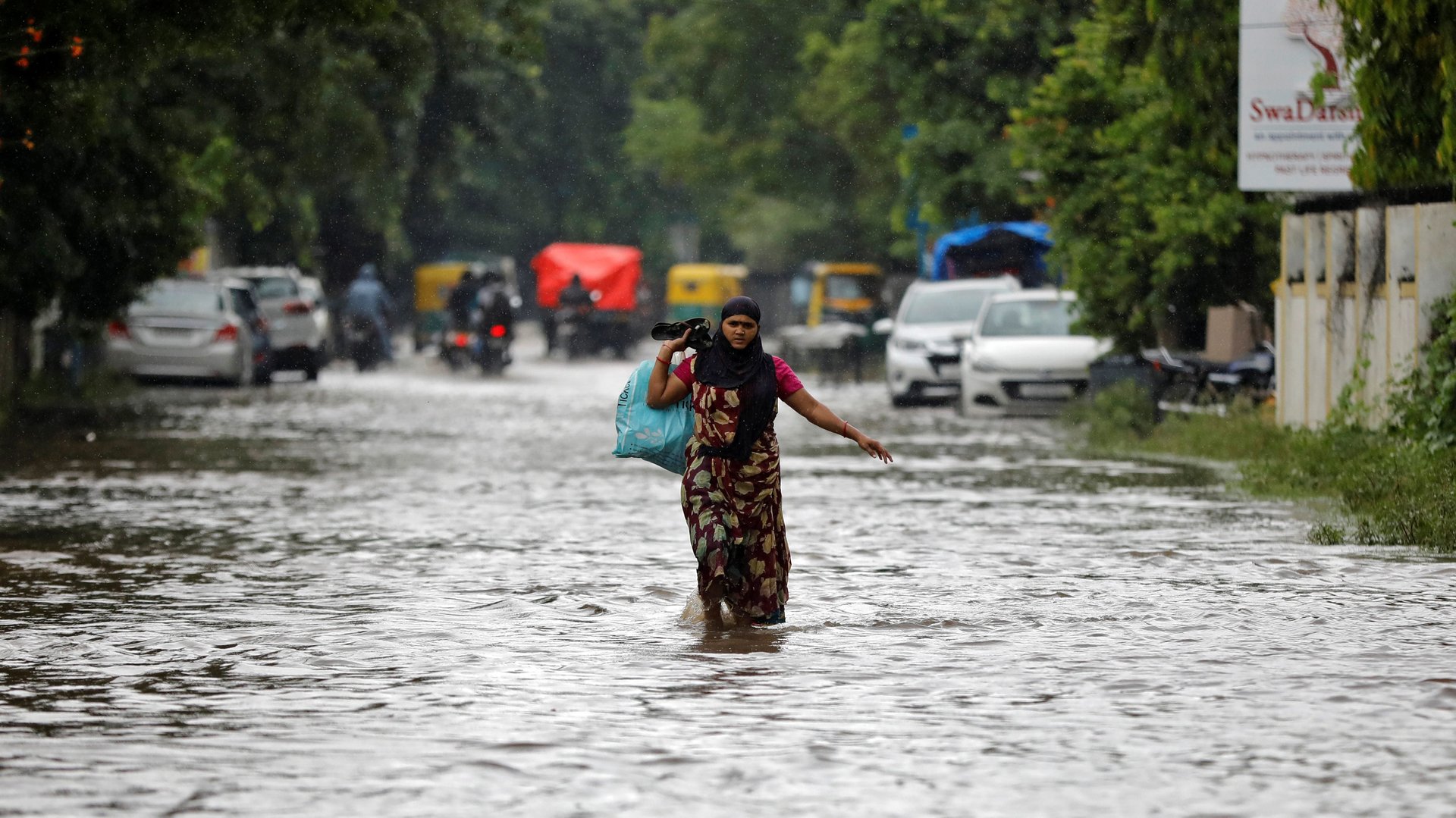Global climate inequality, in one chart
The global impacts of climate change are inherently unequal. Very often, the most severe damages from droughts, hurricanes, and other disasters occur in places that are least responsible for greenhouse gas emissions.


The global impacts of climate change are inherently unequal. Very often, the most severe damages from droughts, hurricanes, and other disasters occur in places that are least responsible for greenhouse gas emissions.
That’s not to say that the US and EU don’t experience disasters, of course. And when they do, the dollar cost of damages from, say, a hurricane in Louisiana is likely to be much higher than that of a similar storm in Bangladesh, because of the value of houses and infrastructure in harm’s way.
But tallying the damages obscures the fact that in low-income countries, a much greater portion of GDP is at stake. In other words, even a relatively low-cost storm can send disproportionate shockwaves through the economy.
That’s one conclusion from a new United Nations report on the economic and human toll of disasters over the last two decades. Although total damages rise in wealthier countries, the overall loss of GDP is highest in poorer countries:
The report also concludes that frequency, cost, and fatality of storms are all on the rise, which means these disparities are only likely to increase.
Some types of disasters discussed in the report, like volcanic eruptions and earthquakes, aren’t linked to global warming. But for those that are growing most quickly, in particular floods and tropical storms, there is a large and mounting body of evidence linking them to climate change. Scientists are even getting better at attributing specific weather events to man-made climate change, something they were once loath to do. A recent review of more than 300 peer-reviewed studies of individual disasters found human fingerprints on 78% of them.
The lead authors, the head of the UN Office for Disaster Risk Reduction and a Belgian professor of disaster epidemiology, don’t mince words about the failure of world leaders to address the problem: “It is baffling that we willingly and knowingly continue to sow the seeds of our own destruction, despite the science and evidence that we are turning our only home into an uninhabitable hell for millions of people.”